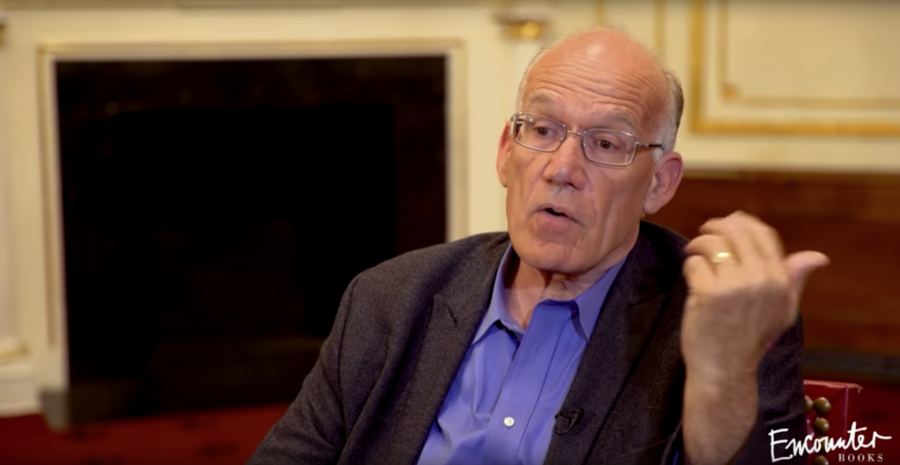When news broke that President Donald Trump and North Korean Supreme Leader Kim Jong-Un would sit down for negotiations with a specific focus on “denuclearization,” I counseled that America deal with North Korea skeptically, cautiously, and with no illusions about the Stalinist regime’s nature.
This advice still holds in the wake of the euphoric coverage of Kim Jong-Un’s historic trip to South Korea, and the sweeping declaration the two nations signed emphasizing their dedication to ending the Korean War and normalizing relations, “denuclearization,” and ultimately reunification of the Korean peninsula.
In a new piece at The Federalist I parse the perilous Panmunjom Declaration.
As I note, words shared by Kim Jong-Un and dovish South Korean leader Moon Jae-in such as “peace,” “denuclearization,” and “unification” are at present ill-defined.
While acknowledging the magnitude of a potential “peace” on the Korean peninsula, we must remember that the terms of that peace, and who is dictating those terms, matters.
While denuclearization — if it means the dismantling and destruction of North Korea’s nuclear program in its entirety — would be excellent, how do we know this wouldn’t be a Potemkin exercise with the North concealing sites, weapons and materials of which we are unaware? Remember that North and South Korea have been party to a denuclearization agreement since 1992.
While in theory reunification might sound like a positive development, we have no idea whether South Korea’s relatively free governmental system would prevail, or if North Korea’s Communist gulag state system would dominate.
When Kim says “We will work towards preventing another horrible war…North and South Korea will be joined as one nation,” consider: What if the means to “preventing another horrible war” is the imposition of a horrible peace?
Last but not least, one should read the Panmunjom Declaration in context of Kim Jong-il’s alleged last will and testament. The declaration tracks perfectly with what Kim Jong-Un’s father advocated in terms of its means and ends. His goal was reunification under Communist rule, with NO denuclearization.
Is the North’s charm offensive a ruse? Will Kim collect all of the benefits of at best some form of a freeze and perhaps superficial dismantling efforts, only for the United States to wake up one day with a reunified Korea rid of U.S. soldiers under one-party Communist rule, and thus an even more dominant China proxy with an expanded regional footprint?
If past is prologue, America’s utmost skepticism is more than merited.




